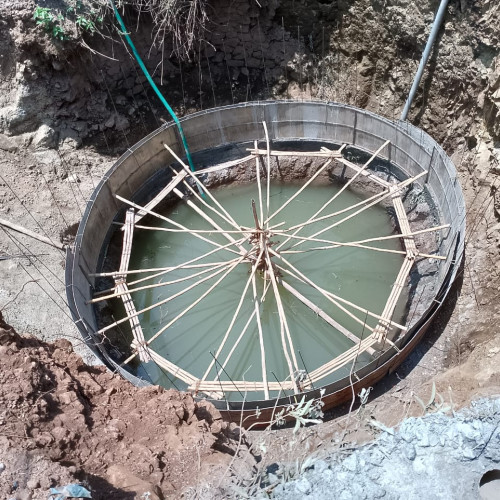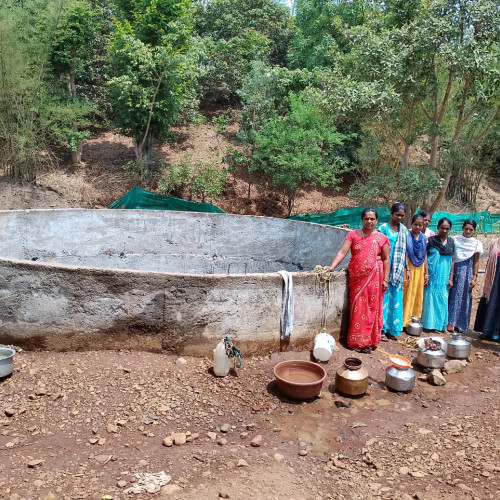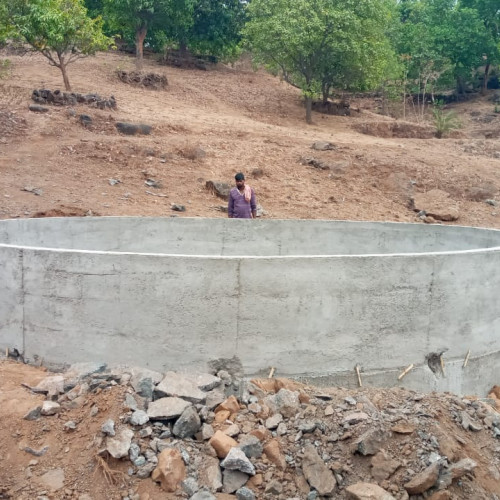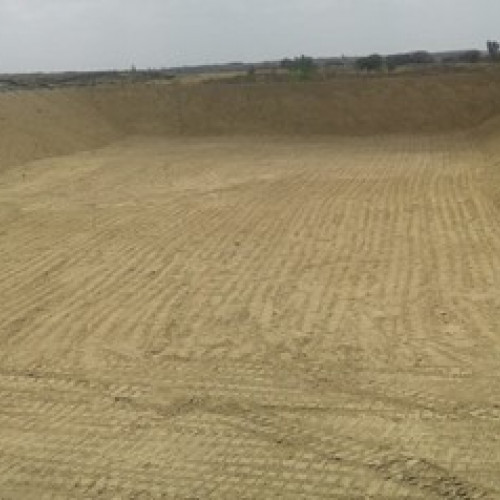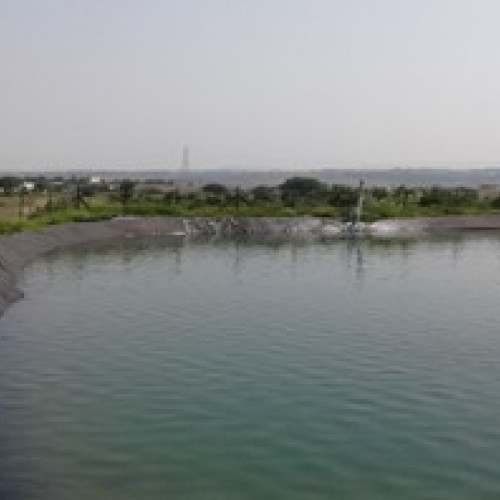YVO's renewed commitment: Enabling better water management
Why water management?
At YVO, we believe in solving problems in sustainable ways. While there are many causes in the universe that demand our intervention, we chose to focus on critical challenges that
underprivileged face like education, vocational training, availability of basic necessities like water for farmers and empowering women who are the backbone of every family. After a decade of impactful work in these areas and over 110 donations across these fields, team YVO contemplated on narrowing down the focus to a single cause: water management.
The intent behind this is that by concentrating all our resources in one direction, we foresee making a deeper and a more significant, lasting difference in addressing that problem at grass root level.
Why water management?
- Water is life, yet millions lack access to this basic necessity. India's water crisis is intensifying due to erratic monsoons, a burgeoning population, dwindling groundwater and lack of education on the infrastructural challenges in storing water.
- Here are some critical statistics:
- • UNICEF reports that half of the world's population could face water scarcity by 2025.
- • 1.8 billion people in India lack household water, impacting every day life of women and children the most.
- • 25% of the global population lacks access to drinking water.
• 35 million Indians lack safe water, and 678 million lack safe toilets.
- • India has 18% of the world's population but only 4% of its water resources.
- • Nearly 70% of India's water is contaminated.
- • By 2030, India's water demand will double the available supply.
Chosen region: Palghar, Maharashtra
In Palghar, believe it or not, even today tribal women walk miles every day for fetching
water, which too is pretty unsafe in quality to consume. In Vidarbha, water scarcity still is the
primary root case of farmer suicides. We aim to try and solve the following challenges to
begin with:
- • Poor water conservation due to rugged terrain and topographical peculiarities.
•Dependency on a single river, Vaitarna, which also directs its majority supply to Mumbai.
- •Extreme water shortages by the month of January which forces women to travel far for fetching water.
- •Limited agricultural yield enforcing migration of bread winners to neighbouring towns or cities in search of work which disrupts their children's education.
YVO's action plan
We plan a multipronged holistic approach, including:
1. Building open wells and borewells.
2. Recharging existing borewells.
3. Delisting open wells, check dams, and rivers.
4. Creating farm ponds and implementing rainwater harvesting.
Envisioned impact
1. Farmers would be able to yield multiple crops annually, improving their economic conditions.
2. Reduced migration will enable children to continue their education without interruption.
3. Women will save time and energy, improving their health and hygiene.
4. Economic stability will reduce dependency on monsoons and increase market production.
5. Encouraging farmers to develop habit of saving for future repairs and maintenance.
6. Initiating tree plantation drives for catalysing water conservation,
7. Training and education about water conservation will make communities self-sufficient for a longer run.
Join us in this mission of providing safe
Join YVO today for a humanitarian partnership.

